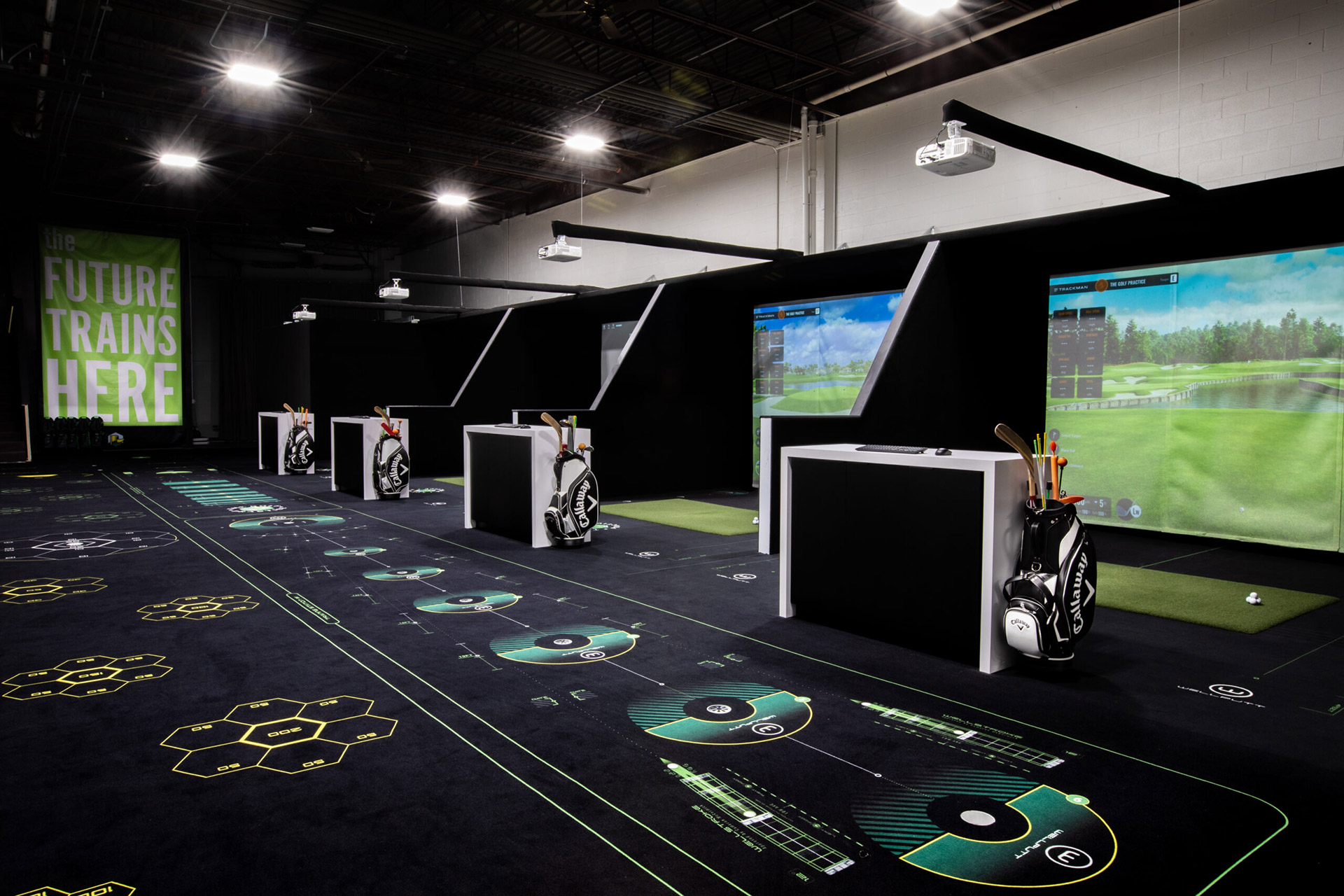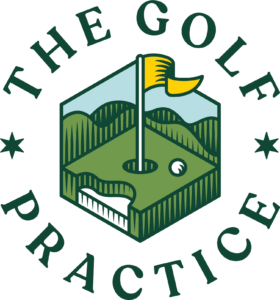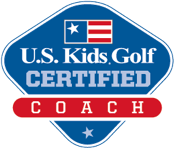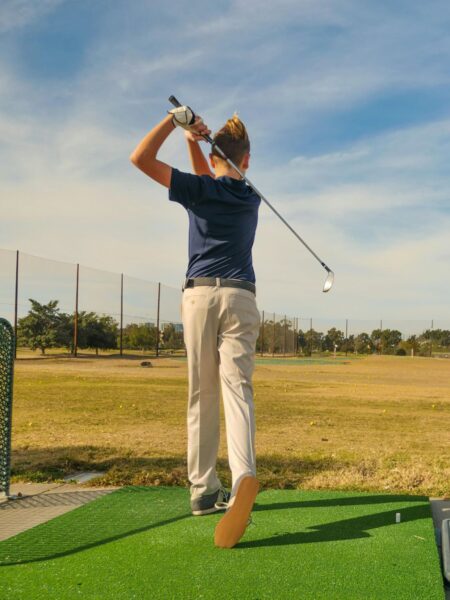
Golf is often perceived as a low-impact sport with minimal injury risk. However, the repetitive nature of the golf swing can place significant stress on developing bodies, making proper injury prevention crucial for youth golfers. By implementing preventative strategies early, young athletes can enjoy a lifetime of pain-free golf while maximizing their potential on the course.
Understanding the Unique Risks for Young Golfers
Young golfers face distinct challenges that differ from their adult counterparts. Their bodies are still developing, with growth plates that remain open and muscles that haven’t reached full strength. This developmental stage makes them particularly vulnerable to certain injuries if proper precautions aren’t taken.
The repetitive motion of the golf swing can lead to overuse injuries, especially when young players practice extensively without proper guidance. Common youth golf injuries include wrist tendinitis, back strain, elbow inflammation, and shoulder impingement. These injuries not only impact immediate performance but can potentially cause long-term issues that follow players throughout their golfing careers.
The Long-Term Benefits of Early Injury Prevention
Implementing injury prevention strategies during a golfer’s formative years creates a foundation for long-term success. Beyond simply avoiding pain, these approaches offer numerous advantages:
- Improved performance through better biomechanics
- Longer playing careers with fewer interruptions
- Reduced healthcare costs over time
- Greater enjoyment of the game without pain limitations
- Development of lifelong healthy habits that transfer to other activities
When young golfers learn proper techniques early, these movements become ingrained in their muscle memory, making it easier to maintain proper form even as they grow stronger and their swing evolves.
Essential Physical Assessments for Youth Golfers
Before implementing a training program, it’s crucial to establish a baseline through proper assessment. A qualified golf instructor or physical therapist can evaluate a young golfer’s physical readiness and identify potential risk factors.
Key Assessment Areas:
- Posture and alignment during stance
- Range of motion in shoulders, hips, and spine
- Core and grip strength appropriate for age
- Balance and stability during the swing sequence
- Flexibility in key golf muscle groups
- Movement patterns during the swing
These assessments help instructors develop personalized programs that address each young golfer’s specific needs rather than applying a one-size-fits-all approach that could potentially increase injury risk.
Age-Appropriate Training Techniques
Youth golf instruction should always account for the physical and cognitive development stage of the athlete. What works for a 16-year-old won’t necessarily be appropriate for an 8-year-old. The focus should shift as young golfers mature.
For pre-teens, emphasize fun, fundamental movement skills, and basic swing mechanics with lighter clubs. Teenagers can gradually incorporate more specialized training, including targeted strength work and higher practice volumes when appropriate.
Most importantly, training loads should increase gradually, allowing young bodies time to adapt. Sudden increases in practice volume or intensity commonly trigger overuse injuries in enthusiastic young athletes eager to improve quickly.
The Critical Role of Proper Equipment
Using appropriately sized and weighted equipment is non-negotiable for youth injury prevention. Adult-sized clubs are too heavy and long for most young golfers, forcing them to compensate with improper mechanics that can lead to injury.
Junior golf clubs are specifically designed with lighter shafts, appropriate grip sizes, and head weights proportional to a child’s strength. As young golfers grow, regular equipment assessments ensure their clubs continue to match their physical capabilities.
Beyond clubs, proper footwear provides essential stability during the swing, while gloves help prevent blisters and improve grip without excessive tension. These equipment considerations might seem minor but play a significant role in injury prevention.
Building a Comprehensive Warm-Up Routine
Perhaps the most overlooked aspect of youth golf injury prevention is the pre-round or pre-practice warm-up. Many young players rush straight to the first tee or driving range without preparing their bodies for the demands of the swing.
Effective Youth Golf Warm-Up Components:
- 5-7 minutes of light cardiovascular activity (brisk walking, jumping jacks)
- Dynamic stretching focusing on shoulders, back, and hips
- Practice swings with progressive intensity
- Short game practice before advancing to full swings
- Mental preparation and focus exercises
- Hydration and light nutrition if practicing for extended periods
A proper warm-up increases blood flow to muscles, enhances neural activation, and mentally prepares young athletes for practice or play—all factors that significantly reduce injury risk.
Recovery Strategies for Young Golfers
Young athletes often bounce back quickly from physical activity, but proper recovery remains essential for injury prevention, especially during growth spurts or intensive training periods.
Quality sleep is paramount for tissue repair and growth in developing athletes. Similarly, proper nutrition supports recovery processes while hydration maintains joint lubrication and muscle function.
Active recovery, such as light walking or swimming, can help reduce muscle soreness without adding training stress. Teaching young golfers to listen to their bodies and recognize the difference between productive muscle fatigue and potential injury warning signs empowers them to make smart decisions about their training.
Professional Guidance at The Golf Practice
At The Golf Practice, our specialized youth coaching programs incorporate all these injury prevention principles into comprehensive development plans for young golfers. Our facilities in Highland Park and Lisle feature state-of-the-art indoor training environments where young players can develop safely year-round under expert guidance.
Our certified instructors work with junior golfers of all ages and abilities, designing individualized programs that prioritize both skill development and long-term physical well-being. We believe that building proper fundamentals from the beginning not only prevents injuries but creates a stronger foundation for future success.
Ready to give your young golfer the advantage of proper injury prevention training? Contact The Golf Practice today to schedule an assessment at either our Highland Park or Lisle location and take the first step toward a lifetime of healthy, successful golf.

